By Susan Lutz
“Probably carcinogen.” That’s what the WHO (the World Health Organization) called glyphosate, chemicals often found 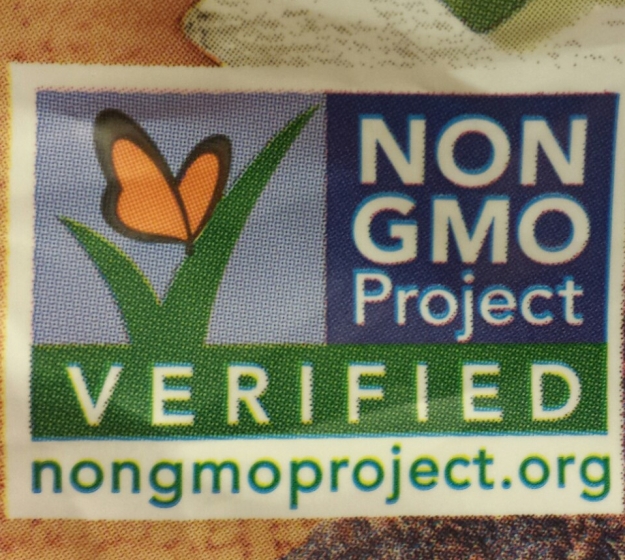 in toxic pesticides used by Monsanto and Dow for GMO crops.
in toxic pesticides used by Monsanto and Dow for GMO crops.
Sri Lanka’s newly elected president immediately banned glyphosate, recognizing it as the herbicide contributing to the tremendous surge in kidney disease in the country. Glyphosate adds a dangerous and deadly ingredient to the already harsh conditions many farmers face from too little water and scorching heat.
Enter the United States where Kansas Republican Rep. Mike Pompeo reintroduced (yes, it’s been around before) a bill blocking states from the ability to require labeling on GMOs.
The bill, dubbed The Dark Act: Deny Americans the Right to Know, #stopDARKact, is spun by supporters to look as though it is legislation supporting transparency, but according to a recent House Agriculture Committee on Biotech Labeling Laws with Just Label It chairman, Gary Hishberg, it’s an anti-labeling push to keep the consumer out of the labeling process. A proposed amendment, mandating GMO labeling is being backed by anti GMO groups.
When I pick up a food on the grocery shelf, I automatically look at what’s in it. It’s frustrating to find product after product with ingredients I can’t pronounce, have to look up on the Internet what they really are, and more often than I want, succumb to eating chemicals in mislabeled or poorly labeled products. One example is Nutella. My kids love it. Who doesn’t? When not required by law, the company rearranges the ingredients to make Nutella appear healthier.
When law requires correct labeling, it’s a different story. Labeled accurately, sugar becomes the first ingredient in Nutella. Then, you should find the MSG. Monosodium glutamate in Nutella? Look on the label. It’s not there. But vanillin, which could be called E612, is also MSG. Nutella was sued for false health claims, which resulted in a settlement payout of $3.05 million and the company dropping it’s claim that it was a healthy food.
The drama continues and the climax is not yet known, at least in the courts. But for those in the fields picking foods that end up on our tables, for families trying to eat foods without poisons, for the sake of our waters and our climate, not knowing the poisoning that happens to our planet, on any level, creates a villain darker than any comic book character imagined.
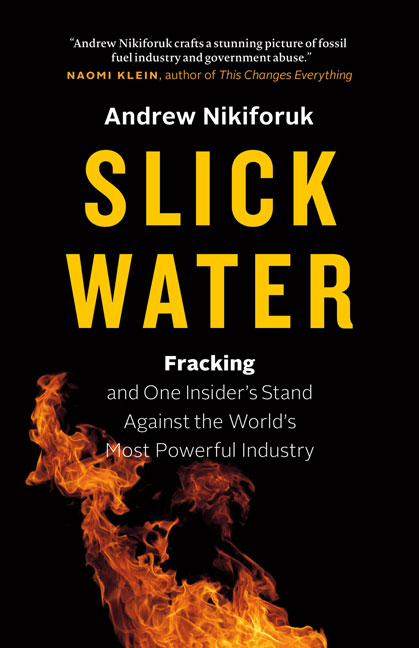 It is no secret that mainstream media coverage of environmental issues is slow-moving, and many stories go un-reported in the press. Climate change deniers spout their ideology with reckless abandon. Enter my guest this week, Andrew Nikiforuk, an award winning environmental writer based in Calgary, Canada, who has written a new book about the hydraulic fracturing industry entitled Slick Water: Fracking and One Insider’s Stand Against the World’s Most Powerful Industry. The book traces the saga of Jessica Ernst, and the path she takes to hold Encana Oil and Canada’s environmental government agencies, responsible for secretly fracking hundreds of gas wells around her home, in a rural area northeast of Calgary. A cover-up ensues, which leads Ms. Ernst to take legal action against the various parties for their role in contaminating land, water and air in her community. For more information andrewnikiforuk.com and to amazon.com to check out his new and older works.
It is no secret that mainstream media coverage of environmental issues is slow-moving, and many stories go un-reported in the press. Climate change deniers spout their ideology with reckless abandon. Enter my guest this week, Andrew Nikiforuk, an award winning environmental writer based in Calgary, Canada, who has written a new book about the hydraulic fracturing industry entitled Slick Water: Fracking and One Insider’s Stand Against the World’s Most Powerful Industry. The book traces the saga of Jessica Ernst, and the path she takes to hold Encana Oil and Canada’s environmental government agencies, responsible for secretly fracking hundreds of gas wells around her home, in a rural area northeast of Calgary. A cover-up ensues, which leads Ms. Ernst to take legal action against the various parties for their role in contaminating land, water and air in her community. For more information andrewnikiforuk.com and to amazon.com to check out his new and older works.
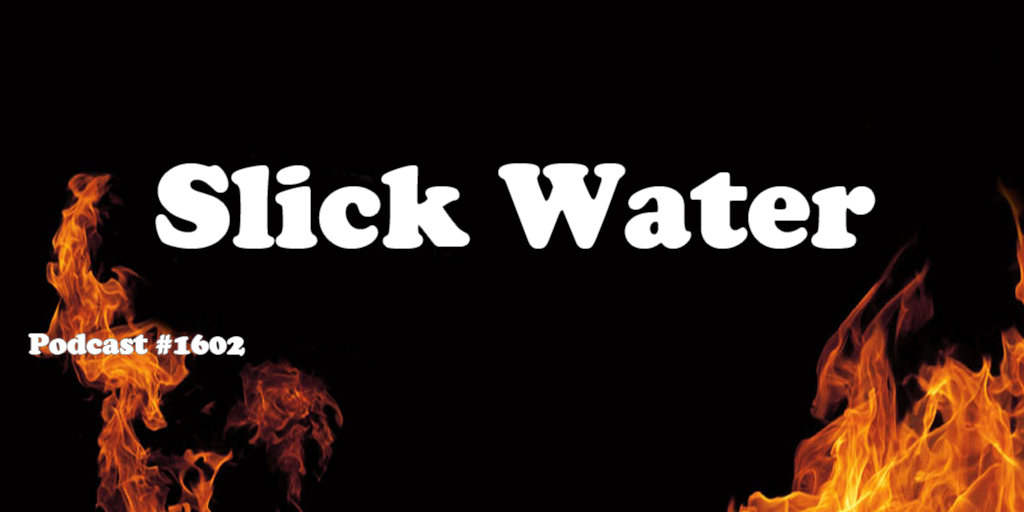
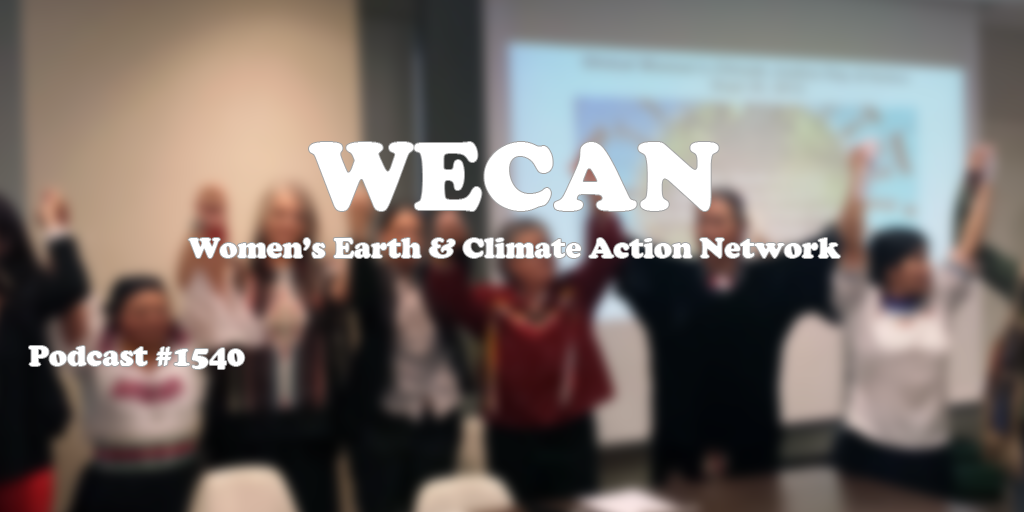
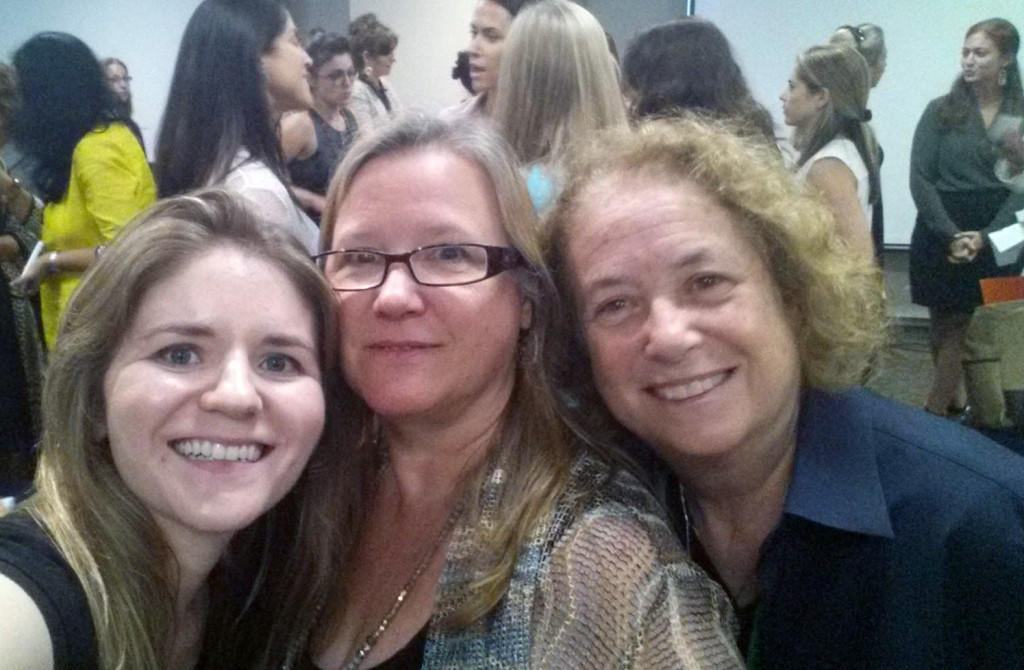 This weeks episode takes us to the Global Women’s Climate Justice Day of Action at the UN, sponsored by the Women’s Earth and Climate Action Network (WECAN). This event was attended by women from over 50 countries. To have such a collection of amazing women in one place, who presented stories of courage and resilience in combating climate change was deeply touching. Women play a key role in adapting solutions to climate change, and it was an honor to speak with WECAN founder Osprey Lake, environmentalist visionary Sally Ranney, as well as Neha Misra founder of Solar Sister, Harriet Shugarman Executive Director of ClimateMama, Executive Director of CELF Katie Ginsberg and student Coreena, and Patricia Gualinga-Montalvo, Indigenous Leader of Ecuador, whose interview was translated by Amazon Watch’s Executive Director Leila Salazar-López. For more information visit
This weeks episode takes us to the Global Women’s Climate Justice Day of Action at the UN, sponsored by the Women’s Earth and Climate Action Network (WECAN). This event was attended by women from over 50 countries. To have such a collection of amazing women in one place, who presented stories of courage and resilience in combating climate change was deeply touching. Women play a key role in adapting solutions to climate change, and it was an honor to speak with WECAN founder Osprey Lake, environmentalist visionary Sally Ranney, as well as Neha Misra founder of Solar Sister, Harriet Shugarman Executive Director of ClimateMama, Executive Director of CELF Katie Ginsberg and student Coreena, and Patricia Gualinga-Montalvo, Indigenous Leader of Ecuador, whose interview was translated by Amazon Watch’s Executive Director Leila Salazar-López. For more information visit 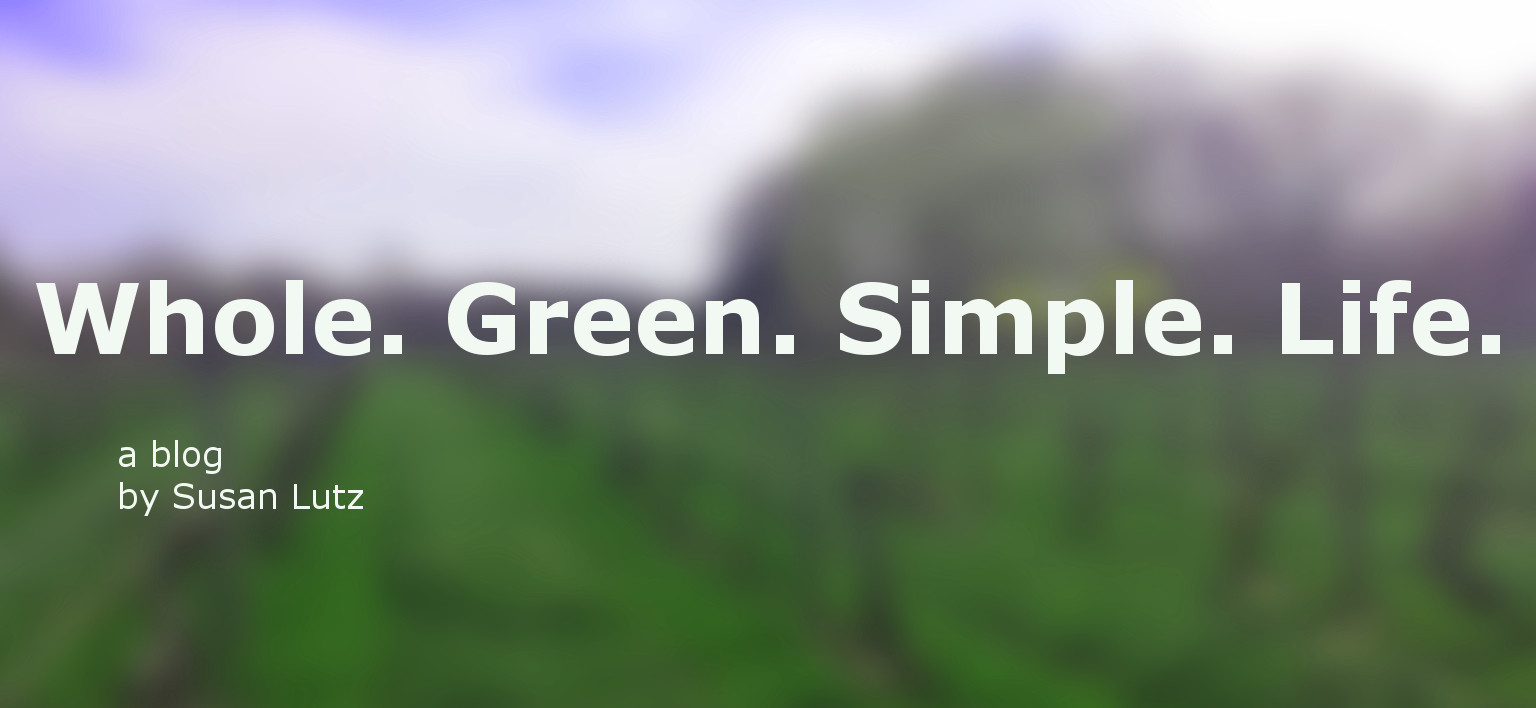

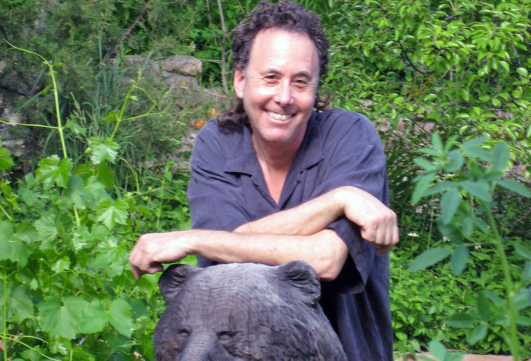
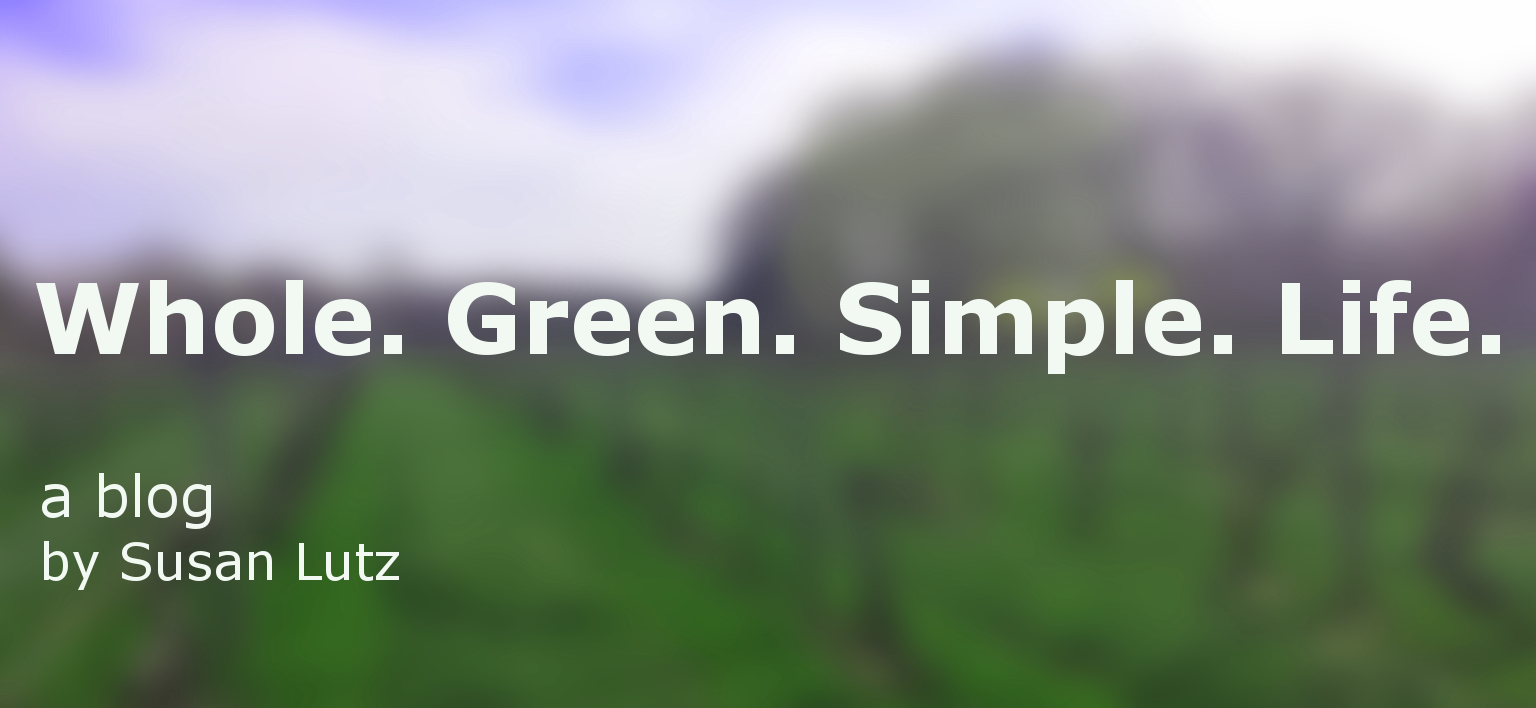
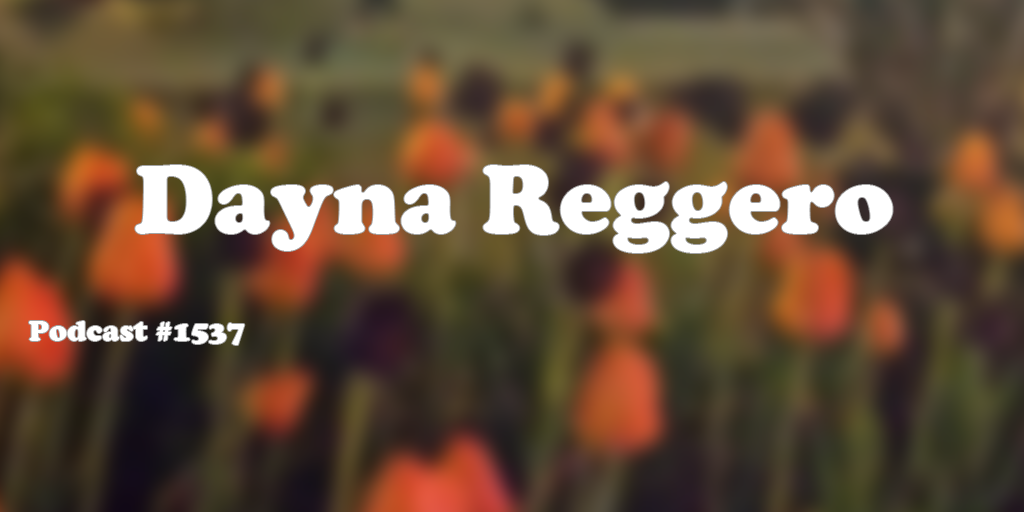
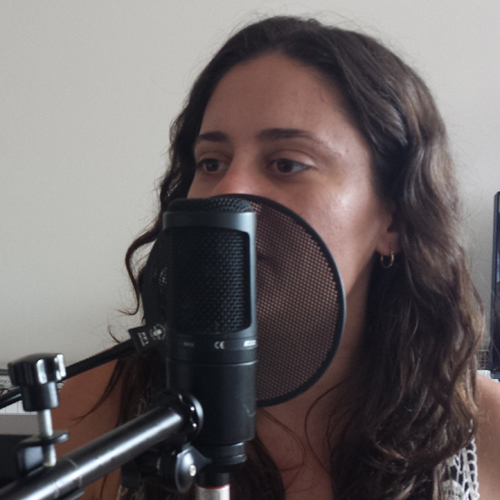 Billions of people around the globe are affected by the changes in climate every day. There are many stories that need to be told and many stories that need to be heard. My guest this week, Dayna Reggero, project director for the Climate Listening Project, has gathered stories from a variety of individuals and businesses about the direct effect of climate change on their lives and communities. Farmers, scientists, faith based and environmental groups are working towards solutions to adapt and build resilience to the extremes of climate change. We must connect actions to our words and work towards building a cleaner, greener world. Dayna has also been involved with the Showtime Series, Years of Living Dangerously, and has partnered with Laura Lengnick, author of the book Resilient Agriculture: Cultivating Food Systems in a Changing Climate. Dayna and Laura conduct storytelling workshops at colleges via the Cultivating Resilience Tour. For more info go to: daynareggero.com, @DaynaReggero and facebook.com/climatelisteningproject.
Billions of people around the globe are affected by the changes in climate every day. There are many stories that need to be told and many stories that need to be heard. My guest this week, Dayna Reggero, project director for the Climate Listening Project, has gathered stories from a variety of individuals and businesses about the direct effect of climate change on their lives and communities. Farmers, scientists, faith based and environmental groups are working towards solutions to adapt and build resilience to the extremes of climate change. We must connect actions to our words and work towards building a cleaner, greener world. Dayna has also been involved with the Showtime Series, Years of Living Dangerously, and has partnered with Laura Lengnick, author of the book Resilient Agriculture: Cultivating Food Systems in a Changing Climate. Dayna and Laura conduct storytelling workshops at colleges via the Cultivating Resilience Tour. For more info go to: daynareggero.com, @DaynaReggero and facebook.com/climatelisteningproject.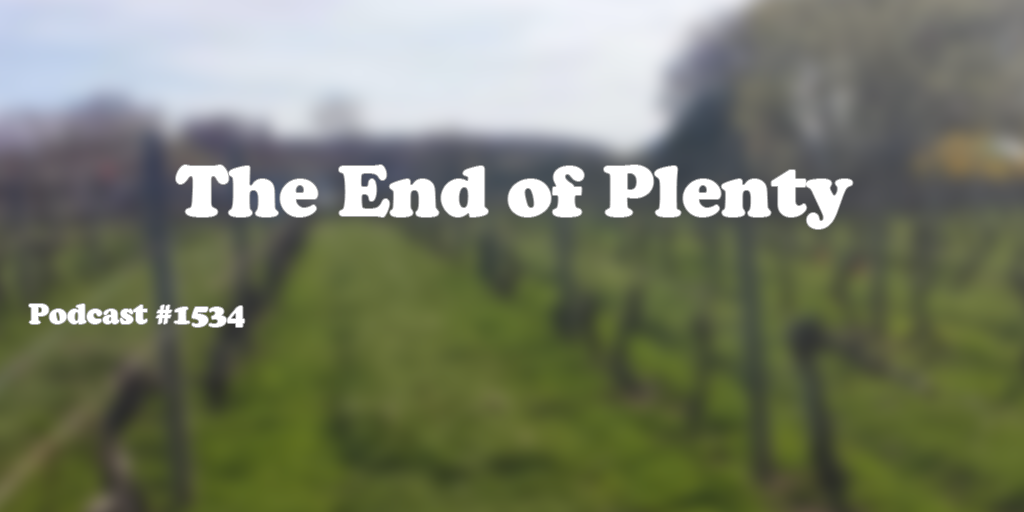
 Can we feed the world without wrecking it? Are we farming ourselves out of food? My guest, Joel K. Bourne Jr. and I delve into those questions on this week’s show. Joel’s new book, THE END OF PLENTY: The Race to Feed a Crowded World, discusses the world food crisis, as it relates to population increase and environmental concerns. Farm land is becoming decimated, as water shortages are spreading globally, thus reducing growth of crops needed to feed the populace. Political unrest and revolutions have occurred in various hot spots around the world, as wheat crops have failed, which has lead to tightening grain supplies. Lives are lost as fights break out over bread. Will 3D printing of food save us? Probably not, but there is hope, as farmers are using innovations in food irrigation, as well as conservation methods to solve some of the problems. A new land ethic must be put into place to feed the world. For more information go to joelkbournejr.com and amazon.com for his book, THE END OF PLENTY.
Can we feed the world without wrecking it? Are we farming ourselves out of food? My guest, Joel K. Bourne Jr. and I delve into those questions on this week’s show. Joel’s new book, THE END OF PLENTY: The Race to Feed a Crowded World, discusses the world food crisis, as it relates to population increase and environmental concerns. Farm land is becoming decimated, as water shortages are spreading globally, thus reducing growth of crops needed to feed the populace. Political unrest and revolutions have occurred in various hot spots around the world, as wheat crops have failed, which has lead to tightening grain supplies. Lives are lost as fights break out over bread. Will 3D printing of food save us? Probably not, but there is hope, as farmers are using innovations in food irrigation, as well as conservation methods to solve some of the problems. A new land ethic must be put into place to feed the world. For more information go to joelkbournejr.com and amazon.com for his book, THE END OF PLENTY.
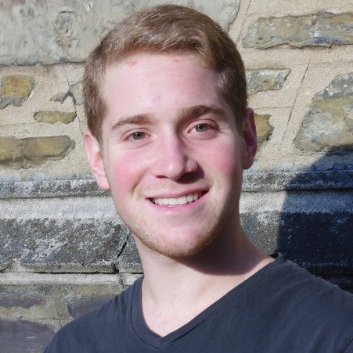 In the 1984 film Flamingo Kid, Matt Dillon’s character Jeffrey Willis, dines with his family at Larry’s Fish House, where the slogan is “Any Fish You Wish”. Cut to the summer of 2015, and my guest Noah Bressman, who is a budding marine biologist at Cornell University, has a big wish. That wish is to encourage more sustainable fishing practices on both the industry side and the sporting side. Fisherman should catch and release fish not caught for food. Regulations should be enforced to ensure more sustainable fisheries and fishing practices. Find out what mummichogs are, and how Noah’s research on that ‘intertidal killfish’ was featured on the Discovery Canada Show, The Daily Planet. Learn about what the signs at your local grocery fish counters mean when they say “all natural”, “wild caught” or “certified sustainable”. Noah is making great strides in his research, and he will continue to do great things in years to come. For more information visit Noah’s Facebook Page:
In the 1984 film Flamingo Kid, Matt Dillon’s character Jeffrey Willis, dines with his family at Larry’s Fish House, where the slogan is “Any Fish You Wish”. Cut to the summer of 2015, and my guest Noah Bressman, who is a budding marine biologist at Cornell University, has a big wish. That wish is to encourage more sustainable fishing practices on both the industry side and the sporting side. Fisherman should catch and release fish not caught for food. Regulations should be enforced to ensure more sustainable fisheries and fishing practices. Find out what mummichogs are, and how Noah’s research on that ‘intertidal killfish’ was featured on the Discovery Canada Show, The Daily Planet. Learn about what the signs at your local grocery fish counters mean when they say “all natural”, “wild caught” or “certified sustainable”. Noah is making great strides in his research, and he will continue to do great things in years to come. For more information visit Noah’s Facebook Page: 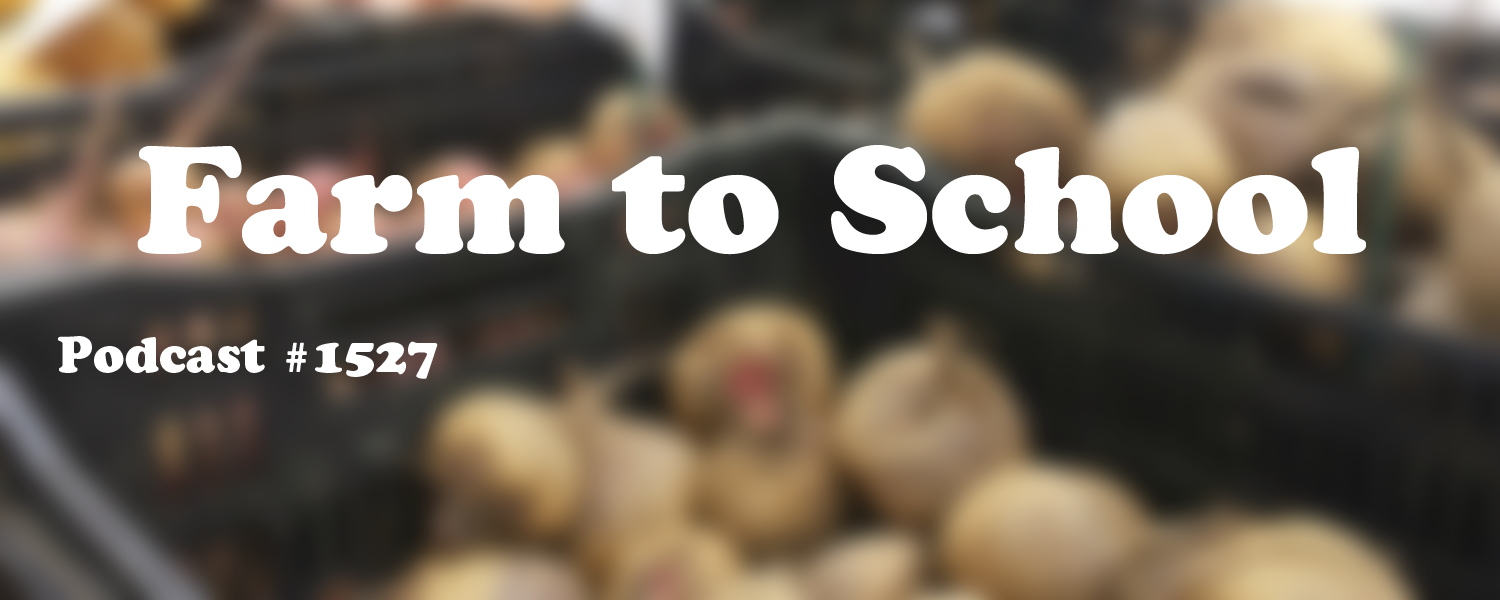
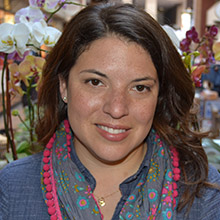 According the the Center for Disease Control and Prevention, childhood obesity has more than doubled in children and quadrupled in adolescents within the past 30 years. Enter the National Farm to School Network, which is working to bring local, fresh foods to school across the U.S., in an effort to reduce obesity, and bring healthy food choices to cafeteria menus. My guest this week is Jaime Lockwood, Development Director at the Farm to School Network, which helps connect local farmers with schools, chefs to cafeterias, and students to gardens. We talk about the importance of the Farm to School Act of 2015, and discuss how chefs inspire healthy eating, environmental awareness, and fitness via
According the the Center for Disease Control and Prevention, childhood obesity has more than doubled in children and quadrupled in adolescents within the past 30 years. Enter the National Farm to School Network, which is working to bring local, fresh foods to school across the U.S., in an effort to reduce obesity, and bring healthy food choices to cafeteria menus. My guest this week is Jaime Lockwood, Development Director at the Farm to School Network, which helps connect local farmers with schools, chefs to cafeterias, and students to gardens. We talk about the importance of the Farm to School Act of 2015, and discuss how chefs inspire healthy eating, environmental awareness, and fitness via 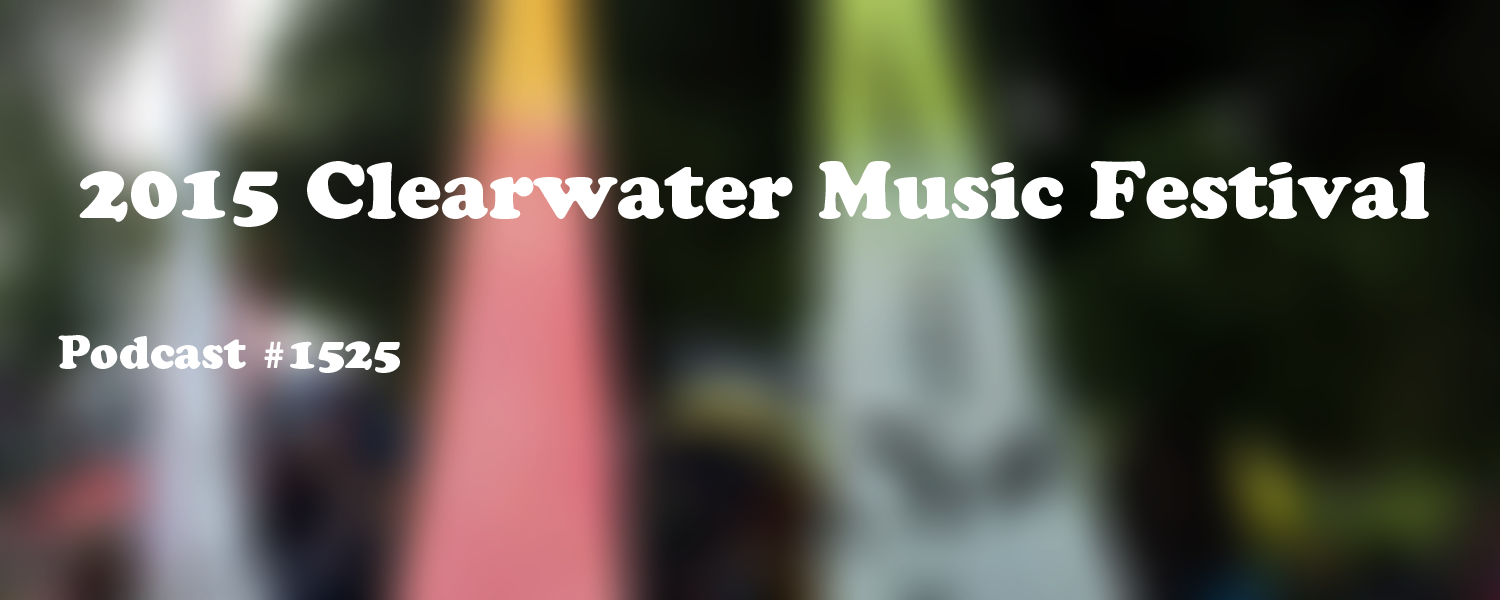
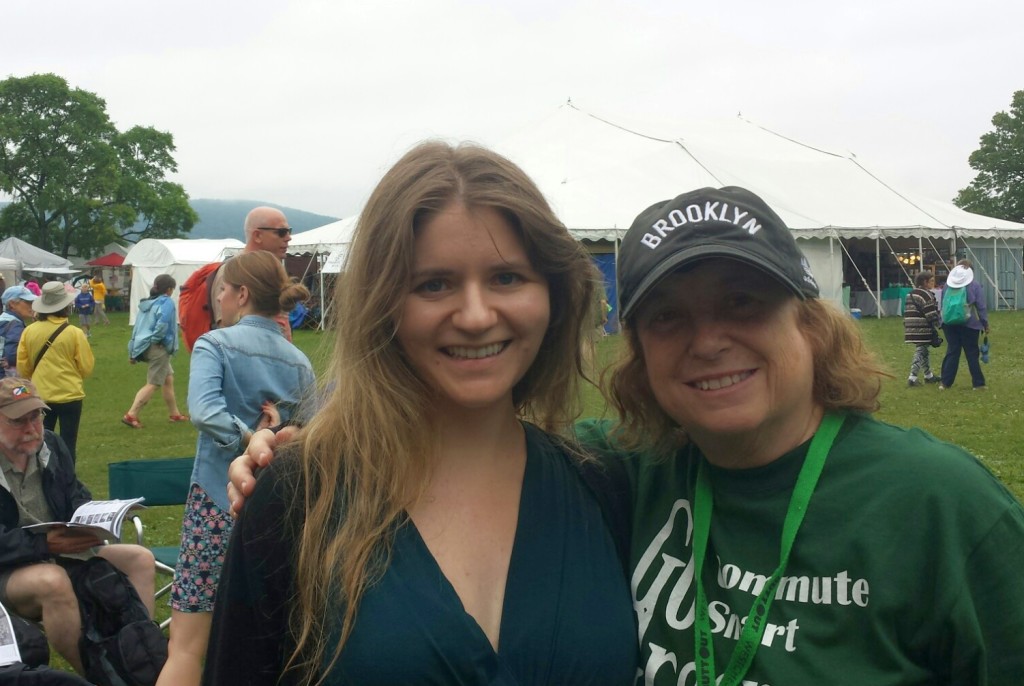 Neither rain, nor fog, nor soggy dew could dampen the spirit of the Clearwater 2015 Festival. We spoke to many environmental activists and green entrepreneurs who are creating ideas, and spreading the message about the need to be proactive stewards of Mother Earth. Music echoed throughout the festival, with many performers motivating the populace to take a stand and raise their voices on environmental and social justice issues. Music icon David Crosby, sang new songs with lyrics that commented on the nation’s current state of affairs, and implored people to email, call or show up at the offices of their elected officials and make some noise. Pete Seeger would have been proud to see his vision perpetuated. For more info go to
Neither rain, nor fog, nor soggy dew could dampen the spirit of the Clearwater 2015 Festival. We spoke to many environmental activists and green entrepreneurs who are creating ideas, and spreading the message about the need to be proactive stewards of Mother Earth. Music echoed throughout the festival, with many performers motivating the populace to take a stand and raise their voices on environmental and social justice issues. Music icon David Crosby, sang new songs with lyrics that commented on the nation’s current state of affairs, and implored people to email, call or show up at the offices of their elected officials and make some noise. Pete Seeger would have been proud to see his vision perpetuated. For more info go to  in toxic pesticides used by Monsanto and Dow for GMO crops.
in toxic pesticides used by Monsanto and Dow for GMO crops.